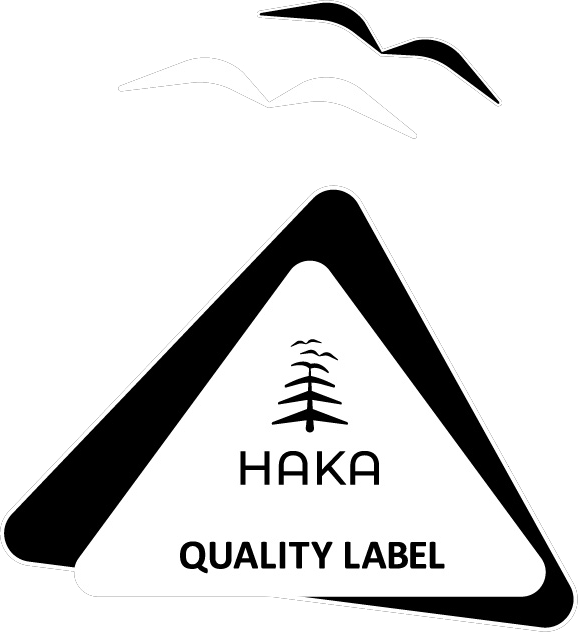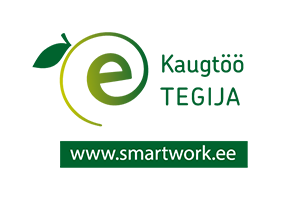 All news
All news
Linnar Viik is an Estonian information technology scientist, entrepreneur, and visionary, and a member of the President of Estonia’s Digital Council. He is also the chairman of the EIT Digital – Supervisory Board and a member of the Value.Space Supervisory Board, the SEI Tallinn Supervisory Board, and the Lisbon Council Advisory Board. He is a co-founder and member of the Pocopay Supervisory Board and the Mobi Solutions Board. Linnar Viik holds degrees from Helsinki University of Technology and Tallinn Technical University, as an IT engineer and economist. As the founder and programme director of the Estonian e-Governance Academy, he has advised over 40 governments on digital strategy, digital capacities, and digital transformation roadmaps. He is also known as “Estonia’s Mr. Internet” and is credited with helping Estonia, during a 13-year period, to become the most technologically proficient country in the European Union.
Mr. Viik spoke about ICT being, originally, only supposed to help technologies develop further, yet now the field is expanding and includes more sectors than anyone could have imagined. For example, ICT strongly impacts transport, logistics, medical sciences and even molecular technology. Nowadays the ICT sector has a true impact on efficiency gains and scaling up one’s business; it can make markets global and build up service providers. He also stated that every new technology needs time, decades even, to be recognized and implemented to its full potential. However, in very recent history we have a good example of a system that started working much faster. The Pan-European COVID certificate. It started to function and work within the regulatory framework, when countries did not have everything set up. “This was a great example of reacting quickly when people are afraid,” he noted.Nevertheless, the true cost of digital technologies is something we are only now starting to learn.
He continued by describing how the systems are developing further on and we often do not know how information is collected. The growth of our capacity to create information and give meaning to it is growing slower than the amount of information surrounding us. Therefore, the gap between the amount of information and our ability to analyse it grows every day. It is of great value to learn to build open and interoperable analytical tools for the data we already have. He advocated that we need to broaden our actions – the ones right now are too little and too late. It is a digital decade in the European Union, the keywords being green and digital. During this decade, digital twins are building up really strongly. They are interactive models; interaction here meaning something built into the real world with the components of the digital world. Digital twins create opportunities to analyse data faster than any other solution we have at hand and are cost effective.
Mr. Viik proceeded to discuss what kind of goals there are, and raised a question whether they are achievable or even necessary. For example, Europe is missing 20 million digitally competent engineers. Reaching that amount by the year 2030 is not an easily accomplished task. There are curricula to be re-developed, people to be re-skilled, several activities to takein order to try and achieve this goal by 2030. To add, 1Gb connections all over Europe - is it feasible and necessary? Even the specialists and visionaries of the field cannot tell.
Last, but not least, the keynote speaker called attention to carbon neutrality. Currently used manual systems are leaving behind a considerable CO₂ footprint. The current CO₂ market costs present a market failure, because the true cost of carbon capture is much higher than the costs shown. To give an example, the speaker noted recent activities by Netflix’s. Namely, Netflix, with the help of their sustainability officers and scientists, published the true cost of streaming and that is one small step towards understanding what the digital cost will be if we want it to be sustainable and climate neutral. However, if Netflix really wanted to manage all of their environmental footprint, they’d need to send 20% of their revenue towards environmental taxation. At least Netflix is profitable, many others are not as lucky.
In conclusion, the IT scientist stressed the need to follow the map of carbon neutrality. According to his words, the most immediate impact is not in new technology, but in saving. In closing, restructuring and saving, not hoping for something on the horizon to work with us. Today’s market cannot support turning fully carbon neutral. The conclusion might sound unfortunate, but the need to recognise the rhetoric of green and carbon neutral is serious, and much more needs to be done to make sure more tolerable conditions are created for planet Earth.
You can find full discussion on our Youtube channel. More information at conference homepage.

 Student
Student

